More than $36,000 a year.
And that’s just the average cost of education.
For a lot of students, the actual cost is even more. Together, the figures from the Education Data Initiative – showing an average annual tally of $36,436 for books, supplies and daily living expenses – further illustrate the need for parents and students to have a game plan.
Thankfully, there are options. And there are people here to help.
Regions Private Wealth Management works with clients across the River Region to provide tailored guidance and solutions to help their money grow. For people looking to save for education, 529 plans are worth a close look.
A 529 plan offers compelling benefits. Money grows free from federal taxes as long as the funds are used for qualified educational expenses. As of 2018, 529 plans are no longer restricted to higher education, and funds of up to $10,000 per year can be used for qualified education expenses at private K-12 schools.
Here are some tips that can help you make the most out of a 529 plan:
Comparison Shop
529 plans are managed by states. Every state manages at least one, and each plan has different rules. You can invest in a 529 from any state — not just your own. Thirty-four states, including Alabama, provide tax breaks for contributions. When evaluating a plan, consider its investment menu, contribution limits and other rules. A side-by-side comparison of 529 plans is available on SavingforCollege.com.
Understanding Gifting Rules
Contributions to a 529 plan are treated as gifts under federal rules, meaning there is a cap on how much you can give tax-free. This cap is subject to change, so check with the IRS to see what the current year’s gift-tax cap is.
You could consider opening a 529 plan when a child is young, and then make annual contributions up to the federal annual gift-tax exclusion each year. Not only does this help you avoid the gift tax, but the money also has more time to grow. Under special provisions for 529s, an individual can make a one-time $75,000 contribution to a 529 plan ($150,000 for married couples) and prorate it over five years without gift-tax consequences. You will, however, have to file a Form 709, United States Gift (and Generation Skipping Transfer) Tax.*
Know Transfer Rules
Another perk to 529s is flexibility. If your original beneficiary doesn’t use up the savings, you can transfer the savings to another member of your family and keep the tax-free growth and
withdrawal benefits. You can also save them for future generations or use the money on your higher education expenses.
A Regions Wealth Advisor can help you prepare for the cost of education, whether it is a 529 plan or another financial account. To learn more, visit www.regions. com/wealth-management.
*In Order To Avoid The Federal Transfer Tax, No Further Annual Exclusion Gifts Or Generation-Skipping Transfers Can Be Made To The Same Beneficiary Over The Five-Year Period, And The Accelerated Transfer Must Be Reported On Form 709, United States Gift (And Generation-Skipping Transfer) Tax Return. If The Donor Dies Within Five Years, A Portion Of The Transfer Will Be Included In The Donor’s Estate For Estate Tax Purposes.
Contact Anne Dalton at 334.240.1345 or [email protected].
The Expert
Anne Dalton is a Wealth Advisor for Regions Private Wealth Management.
Regions Bank, member FDIC, Equal Housing Lender. This information is general education or marketing in nature and is not intended to be accounting, legal, tax, investment or financial advice. Although Regions believes this information to be accurate as of the date written, it cannot ensure that it will remain up to date. Statements of individuals are their own—not Regions’. Consult an appropriate professional concerning your specific situation and irs.gov for current tax rules. Investing in securities involves risk, including the risk of loss. This information should not be construed as a recommendation or suggestion as to the advisability of acquiring, holding or disposing of a particular investment, nor should it be construed as a suggestion or indication that the particular investment or investment course of action described herein is appropriate for any specific investor. In providing this communication, Regions is not undertaking to provide impartial investment advice or to give advice in a fiduciary capacity. References to a company or security or links to third-party website do not imply endorsement or recommendation. Investment Products are not FDIC insured, are not a deposit, may go down in value, are not bank guaranteed, are not insured by any government agency and are not a condition of any banking activity.






